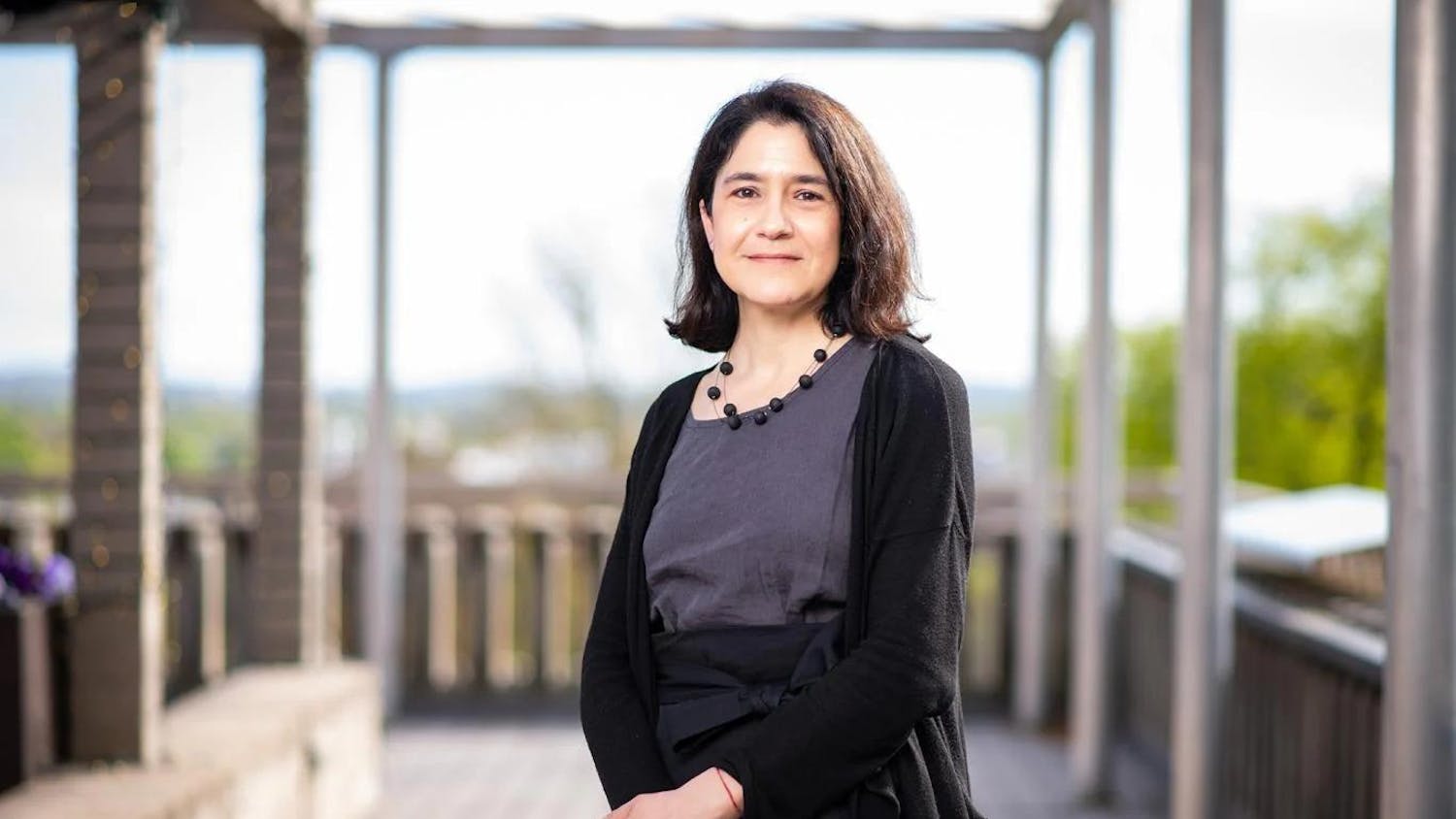Former U.S. Special Envoy James Dobbins drew on his personal experience in helping rebuild Afghanistan, giving the situation there a "mostly positive" review yesterday despite what he called serious bungling by the Bush administration.
Dobbins, an envoy for Haiti, Somalia and Bosnia during American nation-building operations in those countries, also said that proposals from presidential candidates Sens. John McCain (R-Ariz.) and Barack Obama (D-Ill.) to send more American troops to Afghanistan would not be enough to improve conditions there.
Lecturing in Paige Hall, Dobbins described scenes from "After the Taliban" (2008) his first-hand narrative of diplomatic events following the American toppling of Afghanistan's former government. He is currently the director of the International Security and Defense Policy Center at the RAND Corporation's National Security Research Division.
The formation of an anti-Taliban coalition, the removal of the Taliban from almost all major Afghan towns and the establishment of a widely recognized government to succeed Taliban rule were "very smooth" processes, Dobbins said.
But he blamed Washington's aversion to spending money on regime transition for the instability that now plagues Afghanistan. "The Bush administration was going to do the least amount of nation building that they could get away with," Dobbins said.
"Many [past] missions, mostly U.N. missions, were successful, but the unsuccessful ones tended to gain more publicity," Dobbins said of nation-building missions in the 1990s.
"When the Republicans came into office, they bought into that criticism – you know, that's what the opposition's supposed to do," Dobbins said.
"And they were quite explicit about this," he continued. "[Former Secretary of Defense Donald] Rumsfeld wrote articles and gave speeches in which he said the Clinton administration and international community as a whole had flooded Bosnia and Kosovo with military manpower, and economic assistance had effectively turned those societies into international wards. And [they said] that we were going to avoid that by not flooding Iraq and Afghanistan with money and troops so they would become more self-sufficient sooner."
Dobson said that this philosophy of self-sufficiency, which he compared to arguments for welfare reform, led the government to focus only on tracking down terrorists.
"In the Afghan case, the administration said U.S. troops would do no peacekeeping, that they were just going to chase around al-Qaeda elements," he said.
Dobbins also said that Rumsfeld refused to work with Iran when an Iranian representative reached out to the United States to help rebuild Afghanistan.
The representative, whom Dobbins met at a 2001 conference where officials drafted a constitution for Afghanistan, "said that Iran was prepared to participate in an American-led program to rebuild the Afghani army."
According to Dobbins, any solution would need to be multinational. "We weren't going to bring the various opponents of the Taliban together unless we could bring together a coalition of states neighboring Afghanistan to put pressure on these factions," he said.
After a number of meetings with top officials, Dobbins met jointly with Rumsfeld, then-National Security Adviser Condoleezza Rice and then-Secretary of State Colin Powell.
"Rumsfeld was sort of fiddling with documents, didn't look up, didn't react," Dobbins said. "When I finished, there was a long pause; nobody said anything. And Rice, after waiting about 20 seconds — nobody said anything — went on to the next item on the agenda, and the Iranians never got an answer."
Dobbins added, "In fact, Iran had been part of the anti-Taliban coalition long before the U.S. was. The truth is that after 9/11, we joined an existing coalition that had been against the Taliban for a decade."
The talk was part of a series of lectures sponsored by the Tisch College of Citizenship and Public Service.





